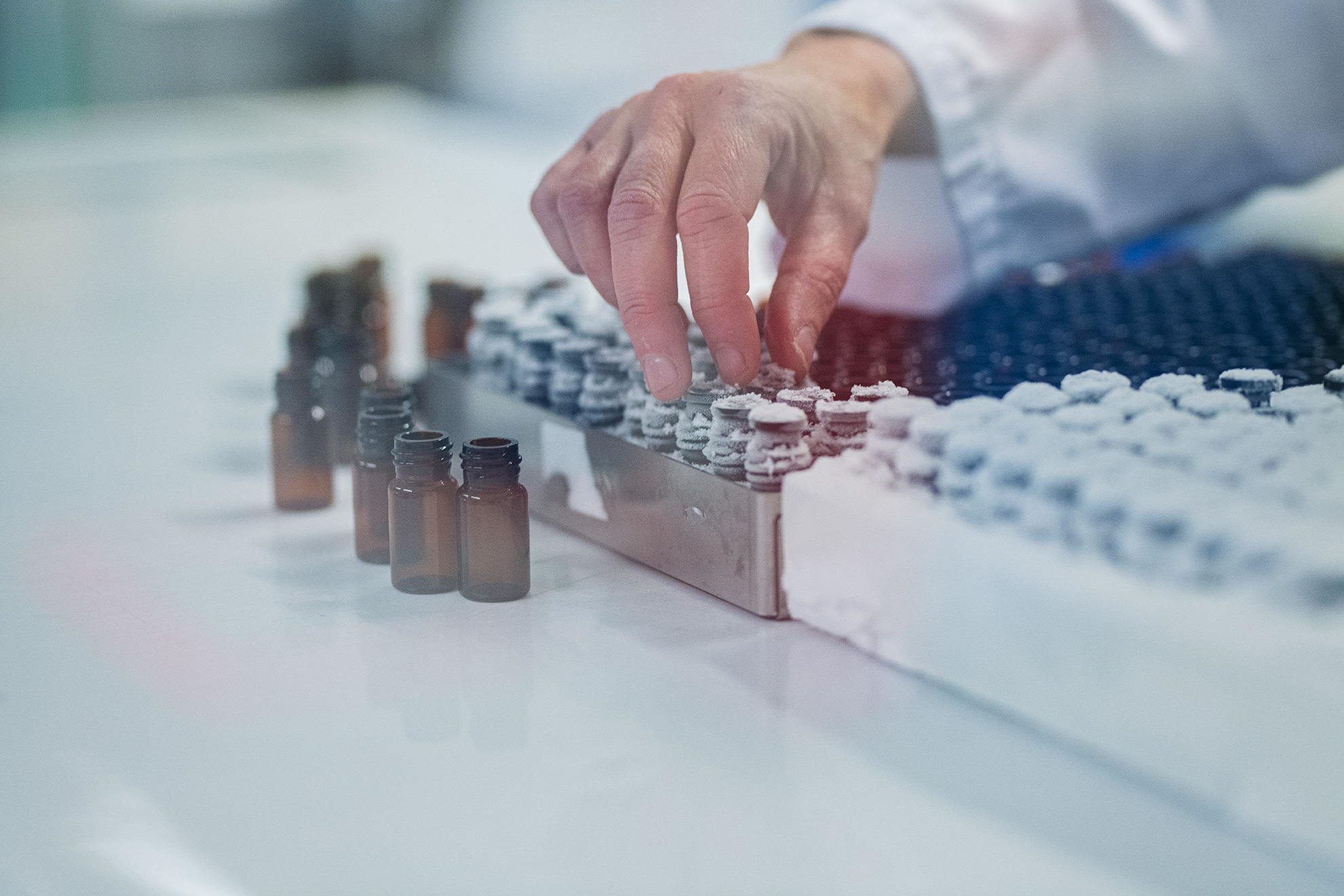Suppression of MMP activity in bovine cartilage explants cultures has little if any effect on the release of aggrecanase-derived aggrecan fragments.
Abstract
BACKGROUND
Progressive loss of articular cartilage is a central hallmark in many joint disease, however, the relative importance of individual proteolytic pathways leading to cartilage erosion is at present unknown. We therefore investigated the time-dependant release ex vivo of MMP- and aggrecanase-derived fragments of aggrecan and type II collagen into the supernatant of bovine cartilage explants cultures using neo-epitope specific immunoassays, and to associate the release of these fragments with the activity of proteolytic enzymes using inhibitors.
FINDINGS
Bovine cartilage explants were cultured in the presence or absence of the catabolic cytokines oncostatin M (OSM) and tumor necrosis factor alpha (TNFalpha). In parallel, explants were co-cultured with protease inhibitors such as GM6001, TIMP1, TIMP2 and TIMP3. Fragments released into the supernatant were determined using a range of neo-epitope specific immunoassays; (1) sandwich (342)FFGVG-G2 ELISA, (2) competition NITEGE(373)ELISA (3) sandwich G1-NITEGE(373 )ELISA (4) competition (374)ARGSV ELISA, and (5) sandwich (374)ARGSV-G2 ELISA all detecting aggrecan fragments, and (6) sandwich CTX-II ELISA, detecting C-telopeptides of type II collagen. We found that (1) aggrecanase-derived aggrecan fragments are released in the early (day 2-7) and mid phase (day 9-14) into the supernatant from bovine explants cultures stimulated with catabolic cytokines, (2) the release of NITEGE(373 )neo-epitopes are delayed compared to the corresponding (374)ARGSV fragments, (3) the MMP inhibitor GM6001 did not reduce the release of aggrecanase-derived fragment, but induced a further delay in the release of these fragments, and finally (4) the MMP-derived aggrecan and type II collagen fragments were released in the late phase (day 16-21) only.
CONCLUSION
Our data support the model, that aggrecanases and MMPs act independently in the processing of the aggrecan molecules, and furthermore that suppression of MMP-activity had little if any effect on the quantity of aggrecanase-derived fragments released from explants cultures.



